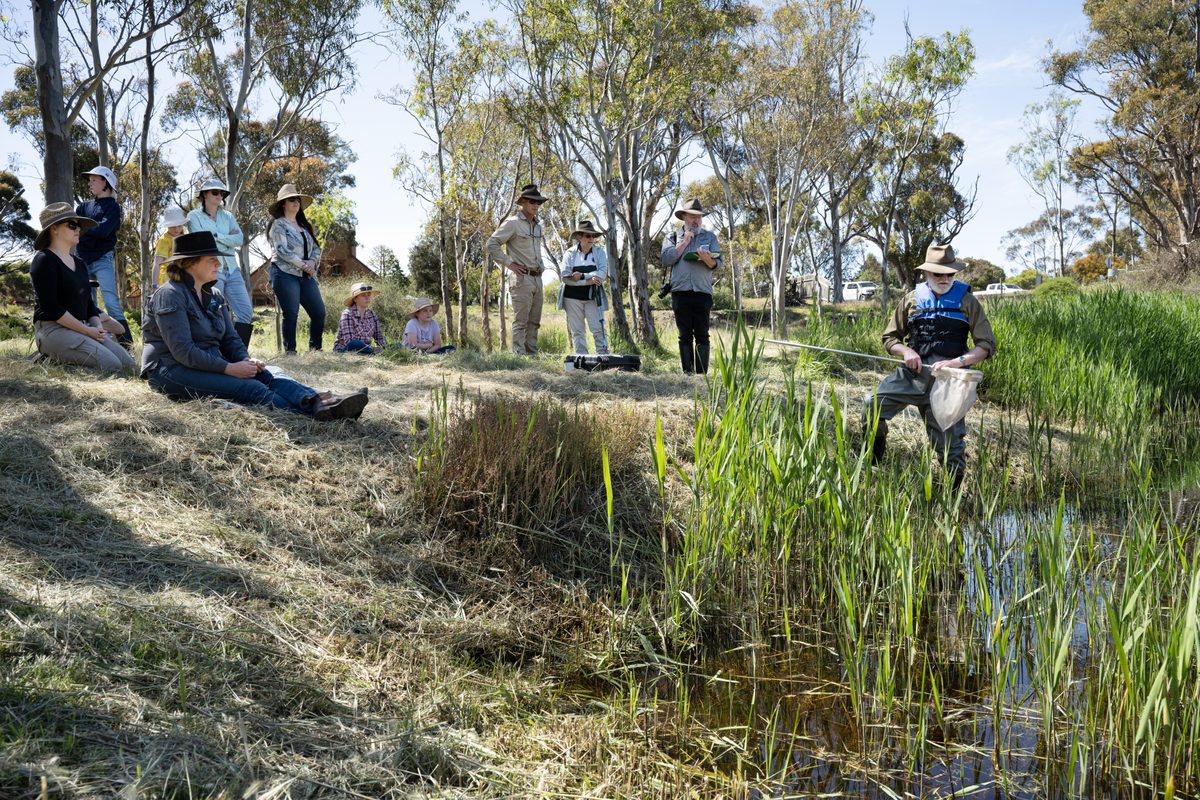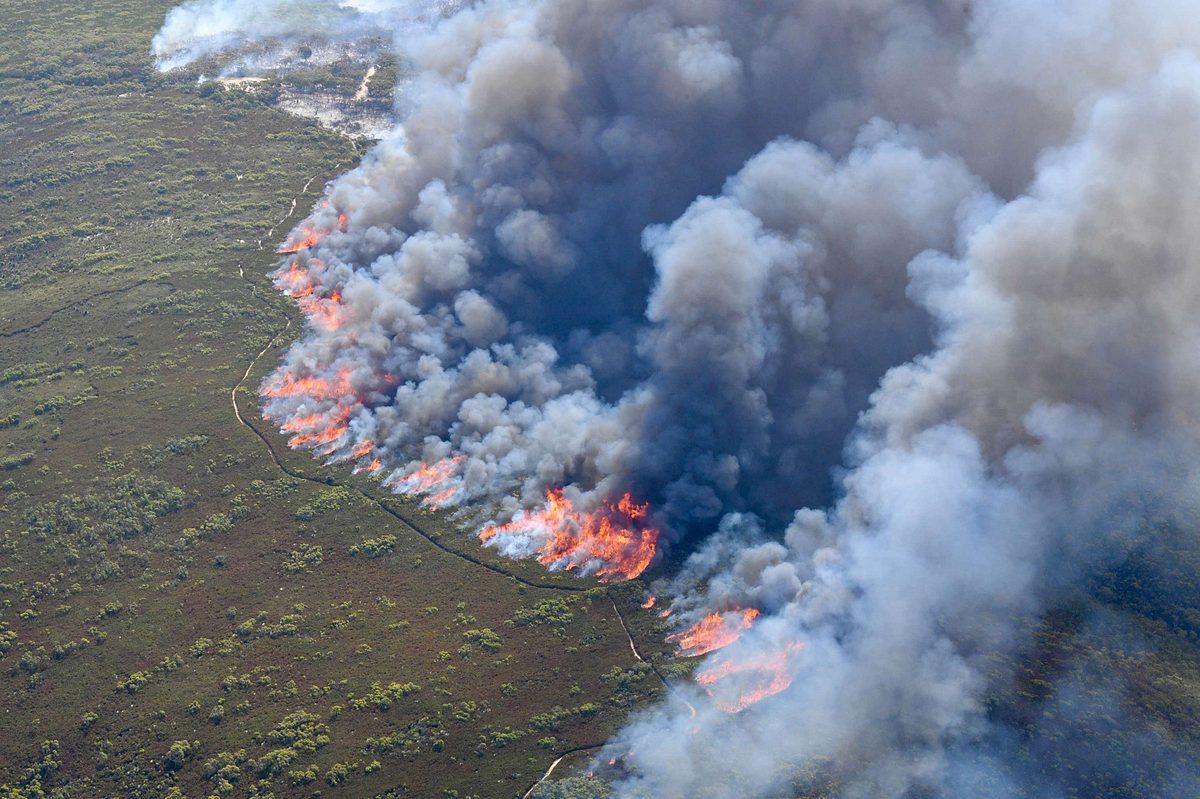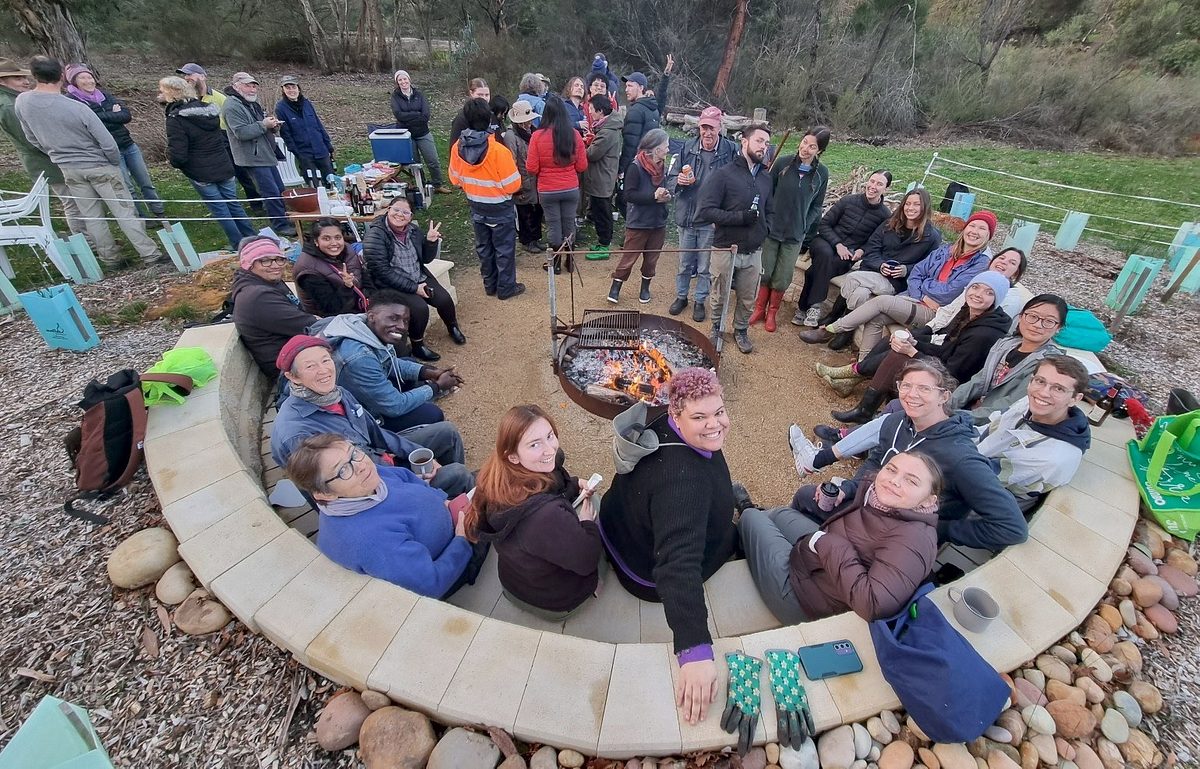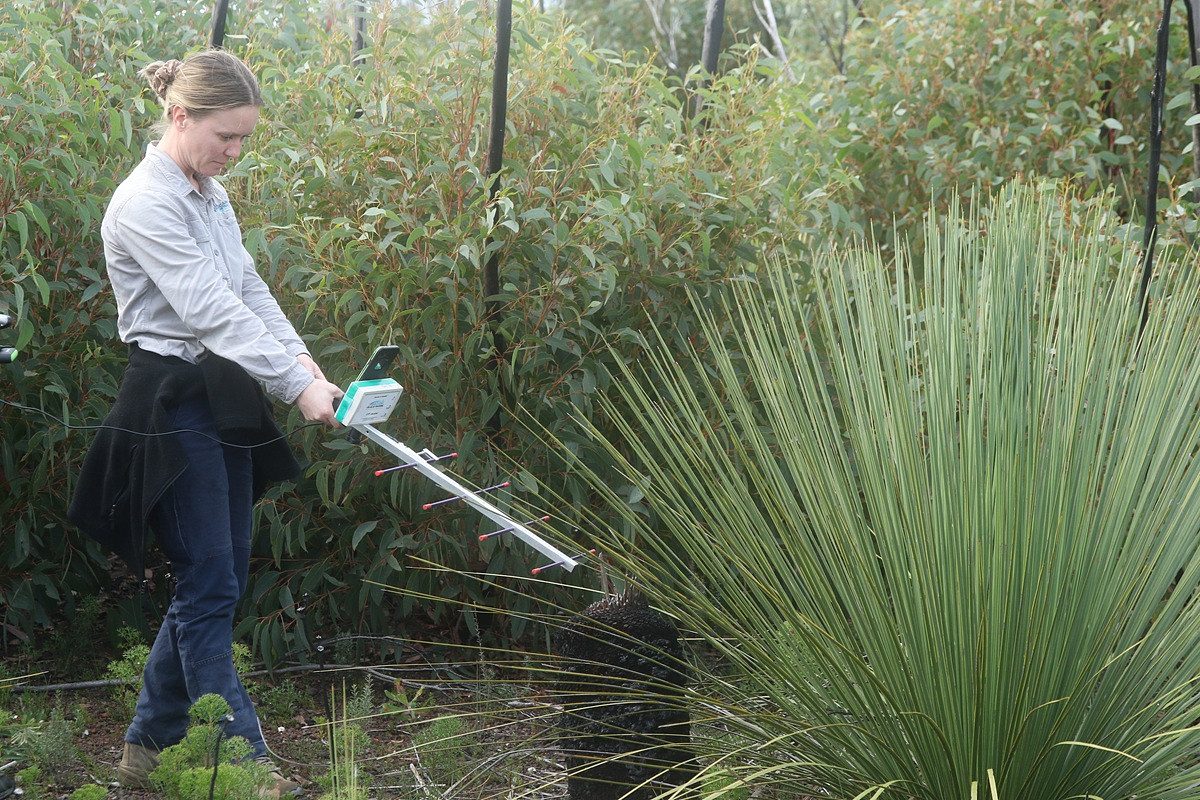Water plans in the Mount Lofty Ranges to be amended
The Eastern and Western Mount Lofty Ranges Water Allocation Plans need to be amended, but what does that mean?
Water is a precious resource. We know this living in South Australia. Its management has been widely discussed and debated for many years. One thing we can all agree on – there’s a limit to how much is available, and we all need it to survive and prosper.
It is therefore vital to balance economic, environmental, social and cultural needs, to ensure the long-term sustainability and security of our water resources.
Surface and groundwater in the Hills and Fleurieu region is managed using Water Allocation Plans. A Water Allocation Plan, or WAP, is a legal document that sets out the rules for using prescribed water resources. It ensures water is fairly and sustainably allocated for community, industry, and the environment.
In the Hills and Fleurieu, both surface water and groundwater is prescribed in three areas - the Western Mount Lofty Ranges, the Eastern Mount Lofty Ranges and McLaren Vale.
Under the Landscape South Australia Act 2019, Water Allocation Plans need to be reviewed, and potentially amended (or adjusted), every ten years. Both the 2013 Eastern and Western Mount Lofty Ranges Water Allocation Plans were comprehensively reviewed in 2023. This process found that amendments are required to both plans.
Paul Wainwright, Team Leader for Water Resources at Landscapes Hills and Fleurieu explains more. “We’ve been working with the community, water licence holders and industry to comprehensively review the WAPs to assess their effectiveness. The review has highlighted areas of the plans which are working well, and a list of areas which require change.
“The work to determine how the policies will change will be done in consultation with the community but will take time because some of the issues are complex and require new science to inform the changes.
“The process will be split it into two stages. Stage one seeks to have new plans on the table as soon as possible - prepared for community consultation and adoption during 2027. Stage two involves a further set of amendments for issues which require additional knowledge, this will be completed during 2029.
“We will continue to work closely with stakeholders throughout the process and will keep the community informed at key milestones along the way. There will also be a formal consultation period on the new WAPs prior to their adoption.
“Sustainable water management is the process of meeting current water needs without compromising future water needs – for irrigators, the environment, culturally and socially - so we need to get it right. Our reviews found that water-dependent ecosystems are declining in many parts of the region through the lack of environmental flows, and our water resources are largely over-allocated,” said Mr Wainwright.
Information will be updated here as the amendment planning process evolves over the coming months.
What the reviews found
- Groundwater resources are currently stable in most areas.
- Water-dependent ecosystems are declining in many parts of the region due to altered flow patterns caused by water storages and water diversions
- Water resources are over-allocated in many areas.
- Climate change is influencing the timing and quantity of rainfall. This requires updated data and analysis methods.
- First Nations involvement in planning process is crucial for progress.
- More information and new approaches need to be explored to manage forestry and stock and domestic water use in future.




